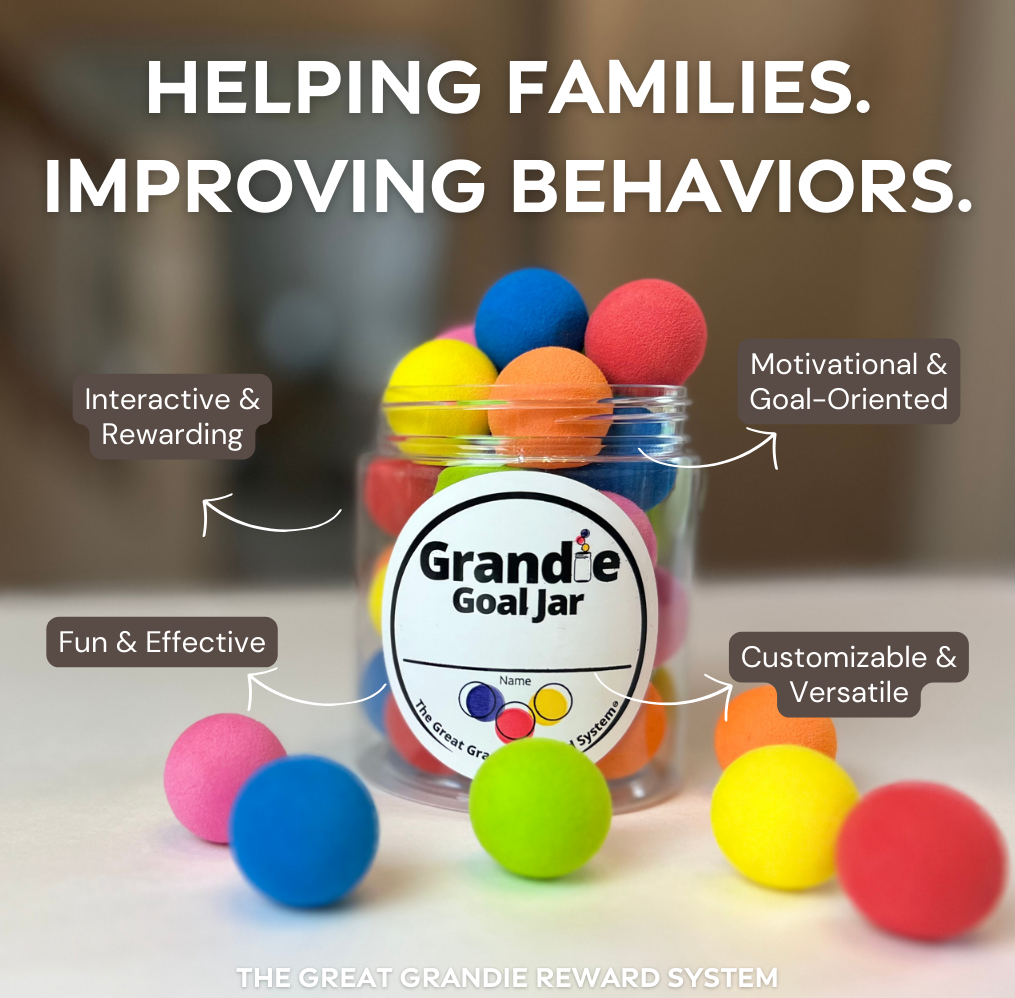Empowering Our Kids: How to Teach Children Confidence and Assertiveness
Building Children’s Confidence:
As parents, we want our children to grow up confident, assertive, and capable of standing up for themselves. It’s a valuable life skill that helps them navigate challenges and builds resilience and self-esteem. In this blog, we’ll explore practical strategies to teach your kids how to build confidence and assert themselves in a respectful manner.
1. Encourage Open Communication:
Create an environment where your kids feel comfortable expressing their thoughts and feelings. Encourage them to share what’s on their minds and listen actively when they do.
- Tip: Schedule a specific day/time every week to put away electronics and play a board game, dice game, work on a puzzle, etc. Games and puzzles are great opportunities to speak with your children as the conversation feels more organic and casual rather than pointed and forced.
2. Teach the Different Types of Communication:
Discuss the difference between passive, aggressive, and assertive communication with your children.
- Tip: To help them better understand, give examples of scenarios where they might use passive, aggressive, or assertive communication. Examples could include:
- Passive Communication: Scenario: Your friend keeps borrowing your school supplies without asking.Passive Response: “It’s okay; you can use them. I don’t really mind.”
- Aggressive Communication: Scenario: Your sibling took your favorite toy without permission. Aggressive Response: “You’re so annoying! Give it back right now or else!”
- Assertive Communication: Scenario: A classmate keeps interrupting you while you’re speaking during a group project. Assertive Response: “I appreciate your ideas, but I’d like to finish my thoughts before we move on.”
3. Practice Problem-Solving:
Teach your kids problem-solving skills. Encourage them to think critically and brainstorm solutions when faced with challenges.
- Tip: Role-playing scenarios can be valuable tools for parents to use when teaching their children about assertive communication. They provide practical examples and opportunities for children to practice assertiveness in a kind and confident manner, which can be applied in various real-life situations. Role-Play Scenarios for Assertive Communication:
- Scenario 1: Your sibling took your favorite toy without permission.
- Role-play: Have one person play the sibling and the other play the assertive communicator (your child). Assertive Response: “I saw you took my toy without asking. I don’t like that. Please give it back, and next time, let me know if you want to borrow it.”
- Scenario 2: A classmate keeps interrupting you while you’re speaking during a group project.
- Role-play: Have one person play the classmate and the other play the assertive communicator (your child). Assertive Response: “I appreciate your ideas, but it’s important for everyone to have a chance to speak. Let’s take turns, so we can hear from everyone.”
- Scenario 1: Your sibling took your favorite toy without permission.
4. Boost Self-Esteem:
A strong sense of self-worth is crucial for assertiveness. Praise your kids for their efforts and achievements, and remind them of their strengths. One great way to boost self-esteem is by starting at home.
- Tip: Use Positive Reinforcement – When your kids successfully assert themselves in a situation, provide positive reinforcement and acknowledge their efforts. The Great Grandie Reward System is a great positive reinforcement parenting tool.
- Incorporating positive reinforcement tools like The Great Grandie Reward System not only boosts self-esteem and confidence in children but also increases the likelihood of them repeating the good behavior.
5. Encourage Independence:
Give your kids opportunities to make decisions and solve problems independently. Independence builds confidence and assertiveness.
Conclusion:
Teaching your kids assertiveness and helping boost their confidence is an essential life skill that can empower them in various aspects of life. By fostering open communication, modeling assertiveness, and providing practice opportunities, you can help your children develop the confidence and skills needed to assert themselves respectfully and effectively. Consider incorporating tools like The Great Grandie Reward System as a motivating tool, and remember that building assertiveness is a gradual process that takes time and patience. Ultimately, your guidance and support will equip your kids to navigate challenges with confidence and resilience.






